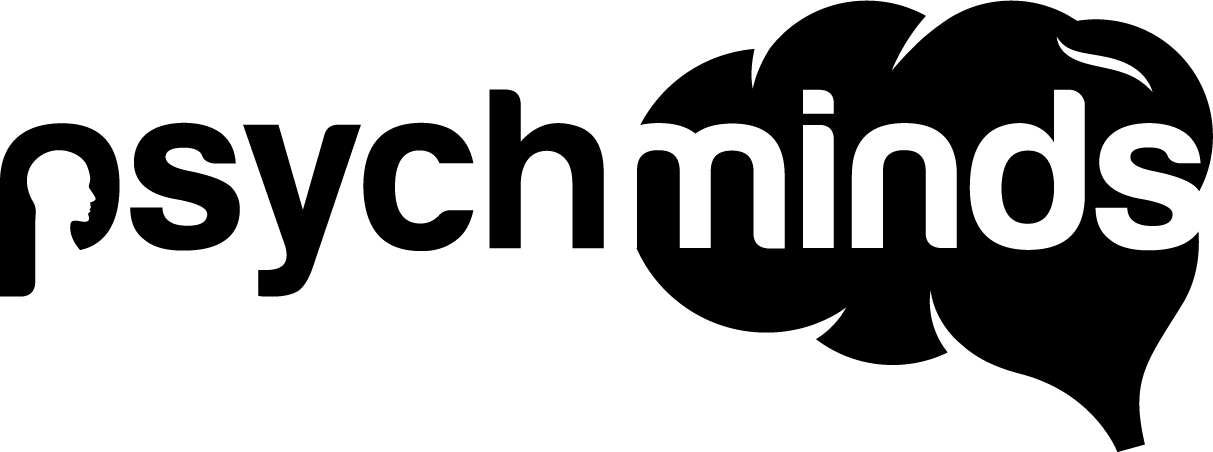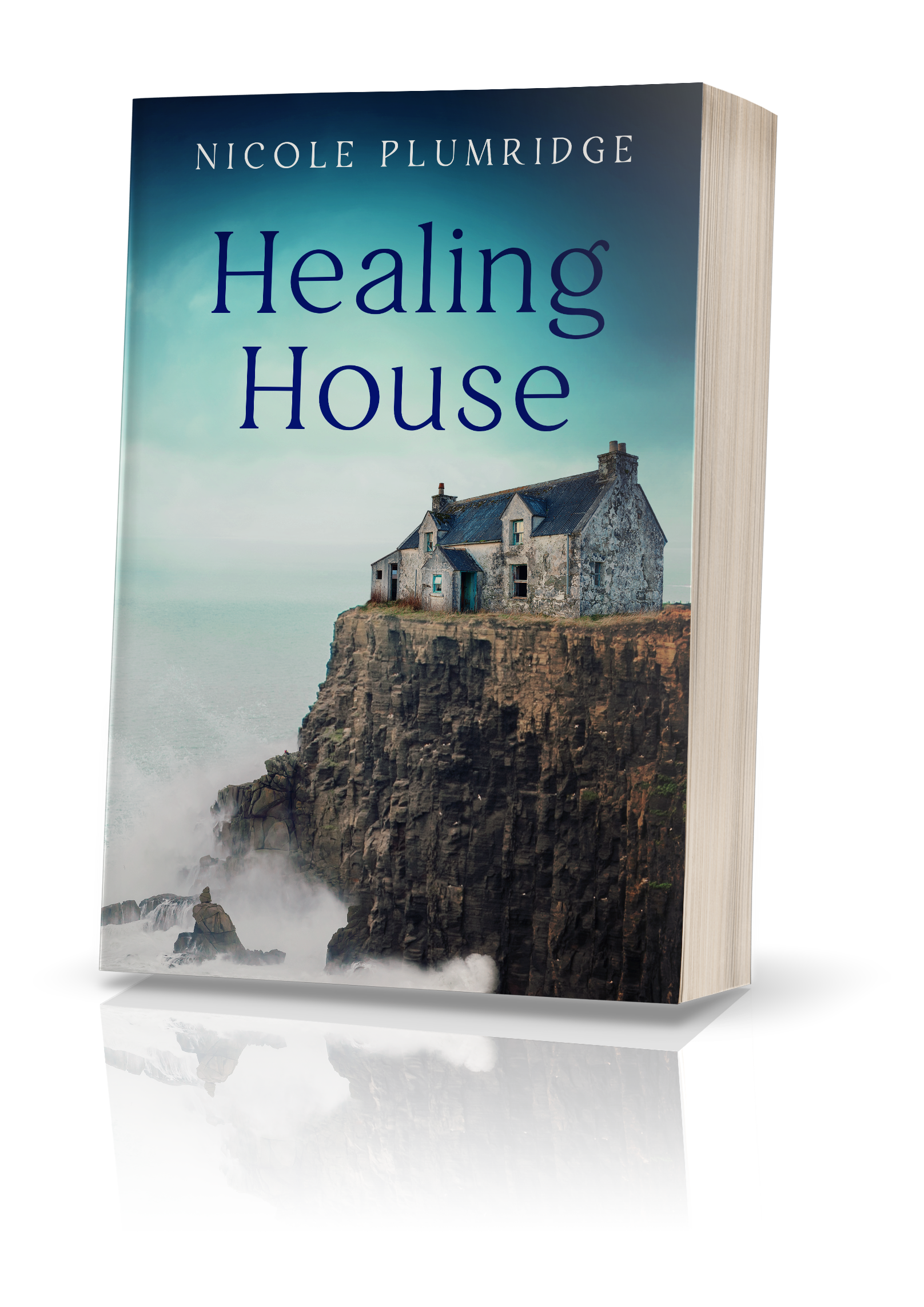Daily living during the pandemic has been stressful, anxiety-inducing, and exhausting — and there doesn’t seem to be an end in sight. Fortunately, there are ways you can feel better, despite what’s happening around you. Meditation offers a way to ease the angst of life amid COVID-19, even if you’re brand-new to the practice. Check out these Psychminds tips, Meditation: the benefits of regular practice, for using meditation to help you feel stronger, more self-assured, and even healthier.
1. Take Your Mindfulness Seriously
Your initial reaction to meditation might be skepticism. After all, sitting still and focusing on your breathing can’t make that much of a difference, can it? In fact, research suggests that meditation has plenty of physical and mental benefits. For people who meditate regularly, an overall enhanced feeling of wellness is one notable side effect.
Incorporating meditation as part of your self-care routine has countless perks. For example, the American Psychological Association confirms that mindfulness meditation can help reduce stress, treat mental health issues and addiction, and even ease pain from chronic conditions. It’s not a quick fix, but with time, meditation can support a healthier lifestyle.
2. Create a Space to Get Meditative
While it’s possible to meditate anywhere, sometimes it takes a bit of ambiance to really relax. Heading outside is one option for reconnecting to Mother Nature and your inner thoughts. But you may need to clear a space in your home, too. Think about where you can sit with your thoughts and reflections and enjoy a bit of solitude.
To help inject positivity into your home and meditation spot, remove clutter, deep-clean, and refresh by ensuring fresh air can circulate. Then, pick a comfy seat, breathe deeply, and settle in for a solid meditation session.
3. Start Small with Simple Steps
The concept of meditation can sound complicated, especially if you’re new to sitting quietly with your thoughts. It may even sound dull and unproductive. But knowing what the potential benefits are, it’s worth starting with small steps to see what positive effects you experience.
Start with a two-minute focus session, then make it a regular habit each day, suggests Zen Habits. From there, you can build up to longer meditative durations. The more comfortable you become with getting to know yourself and listening to your inner thoughts, the quicker the time will go by.
4. Keep Your Practice Consistent
Consistency is essential when starting any good habit or setting a health goal and meditation is no different. Spending time in solitude each day is excellent for your self-care regimen. Dedicating at least part of that time to meditating is ideal.
Consistency also goes beyond spending a set amount of time meditating. Keeping your mindset consistently positive — and showing yourself some self-love — is as beneficial as daily meditation. Meditation shouldn’t be time to bring yourself down or reflect on ways you’ve missed the mark. Instead, boost yourself up with your mindful moments for the best results.
5. Adopt Other Mindful Habits
Practicing other mindful techniques can supplement the positive impact of your meditation habit. Being more mindful about what and how you eat, plus spending time in nature, can increase your quality of life in big ways.
Doing things you enjoy, indulging in your creative passions, and allowing yourself to fully embrace whatever emotions you feel can lead to a stronger sense of self. When you know yourself better, you can find ways to support a healthier emotional and mental state.
Embarking on a meditation journey can be instrumental in living a healthier and less stressful life. No matter what’s happening in the world — be it a pandemic, an economic downturn, or a natural disaster — meditation can help you be a stronger and more positive person. With the right tools in your mindfulness toolbox and support from Psychminds, you can overcome any challenge that arrives on your path.
Written by April Meyers
Content Contributor
www.mindbodyhealthsolution.com
Photo via Photo by Andriyko Podilnyk on Unsplash
















